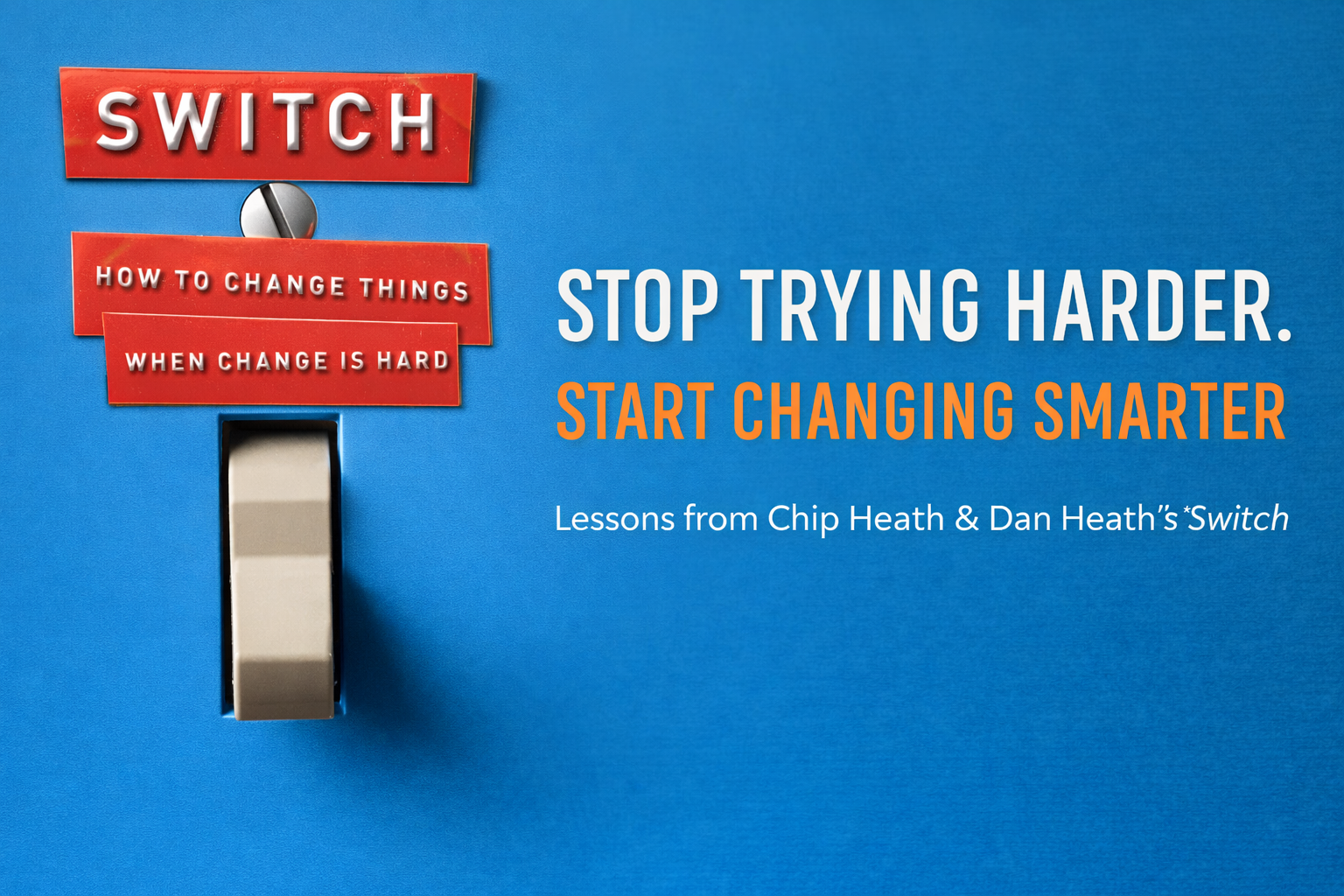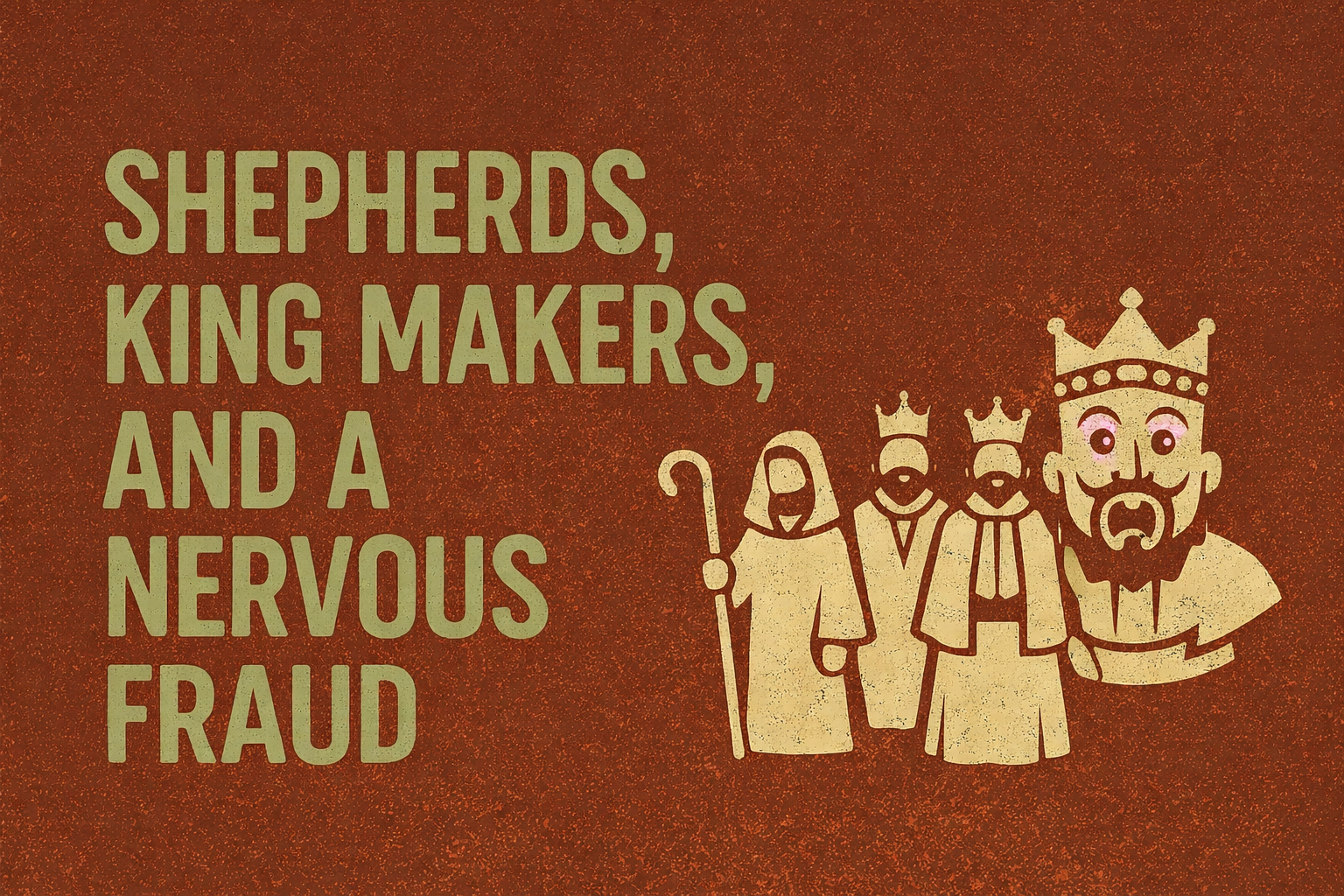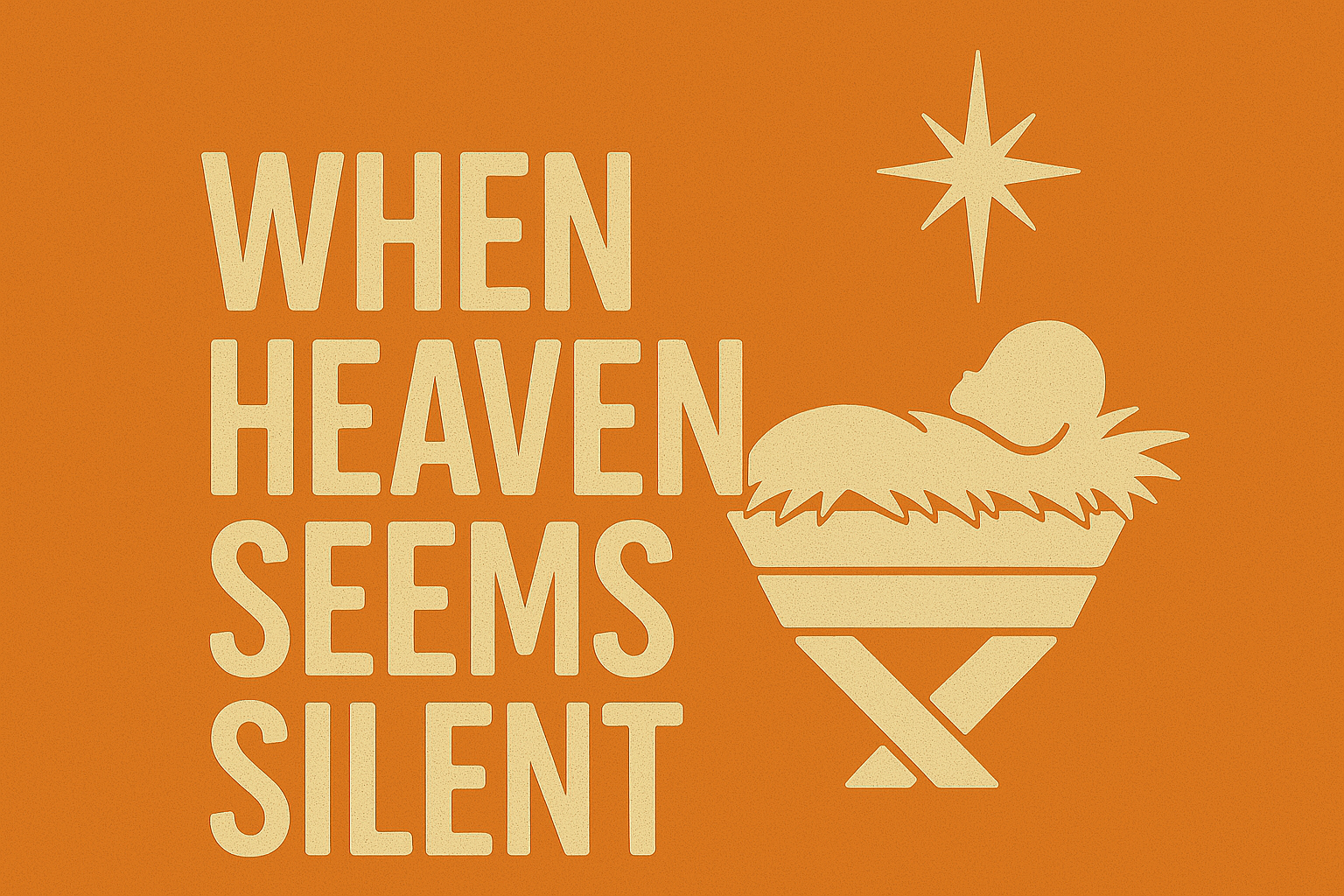“Hey Joe, come visit this weekend!”
“Sorry I can’t man, too many things going on. Plus it’s a pretty long drive.”
“Jooooe.
It’s only two hours.
It’s only two hours.
It’s only two hours.”
This conversation played in my mind over and over this past week. My friend with special needs, Pat, recently went off to college and was having a hard time adjusting to the new environment. We had the same phone call three or four times, and amidst a busy week, I felt myself growing shorter and shorter in my responses. Surely he must understand that we live in different places now, that my life is busy and I have other obligations keeping me from making the trip. Yes, I fully intend to continue our friendship, it just has to look different now that he is two hours away, right? This thought never crossed Pat’s mind. He sees no reason for friendship to ever grow in distance, even if location demands it. As I processed this throughout the week, my initial frustration led me to consider if Pat knew and understood something I didn’t. Maybe, just maybe, I had friendship all wrong.
I’ve believed friendship often grows out of a shared passion or mission. As these things bring our efforts and time into proximity and similarity, we then begin to grow in love and care for another. The pursuit of common creates space to know each other, and at some point there is the decision to call the other “friend.” This naming of the other as friend carries with it a commitment. We allow ourselves to emotionally connect, and in the best of friendships this connectedness breads safety and freedom growing us more fully into who are. Genuine friendship can call all of a man or woman into activity, something we never experience in isolation. The pursuit of friendship is something we should take seriously. We are shaped and encouraged and belong with those we let into our most hidden spaces. Without true and enduring friendship, we can be left drifting away from even our own identities.
But what happens when commonality or shared passion is removed from friendship? What happens when the circumstantial kindling where the friendship began, like location or mission or shared interest, changes or disappears altogether?
I think Pat has an answer for this question. I led Young Life at his high school, and we met his junior year at a football game. In most relationships, there’s a period of evaluation and vetting before we let someone in. All I had to do was give Pat my phone number after a 5 minute interaction, and he was all in from there. For Pat, the decision to choose friendship is one of beautiful simplicity.
You are a person. You asked my name. We are friends.
I’ve had the joy of knowing many wonderful people with special needs throughout my time in Young Life, and this basis of relationship is consistent throughout. There is no consideration of appearance, preference, job, or personality. The only commonality required for friendship to exist is merely being human. This unconditional choosing creates the means for relationship to extend beyond the duration of any temporary circumstance. This desire for friendship is both expansive and inclusive, and even more beautiful to take in when considering those with special needs are often pushed to the fringes of society. With that in mind, maybe it’s time we leave behind our usual metrics for choosing friends. No, it does not mean we let anyone and everyone into the most vulnerable places in our lives, but it does mean we pursue friendships with a greater breadth than we have before. We learn to see the person in front of us as one deserving our attention and care because they exist. All bear the image of the Creator, this should be the only commonality we need. It does not matter if they look, behave, or believe differently than us.
This more expansive ground for friendship means relationships do not have to end when one moves, switches careers, or preferences change. Yes, the physical interactions that often make up friendship will look different, but the underlying movement of belonging does not have to sway. In a way, the pursuit of choosing people unconditionally can be the mission we all find common ground in. This isn’t just a Pat idea, it has Jesus written all over it. He offers unconditional belonging above and beyond human friendship. He has chosen us, freeing us to go and do likewise.
Just the other day, I met Pat and we shared a meal. I was a few minutes late, and he was waiting outside for me to pull up. I called his name, and when he recognized my face, he ran up to hug me. He was right. It’s only two hours.



